NAVISTAR DLB 2024 Diagnostic Software: Key Features and Benefits
NAVISTAR DLB 2024 Diagnostic Software is an essential tool for diagnosing electrical systems in International trucks and IC buses. It offers advanced functionalities that enhance diagnostic efficiency and accuracy. The software features a user-friendly interface, real-time parameter viewing, and the ability to read and clear fault codes. These capabilities support technicians in effectively managing vehicle diagnostics and maintenance.
Overview of NAVISTAR DLB 2024
The NAVISTAR DLB 2024 offers advanced features tailored to modern diagnostic needs, particularly for electric systems in International trucks and IC buses.
Key Features
- High-performance diagnostics for electrical systems.
- Graphical and text-based signal visualization.
- Real-time parameter display and fault code analysis.
- Bidirectional control for enhanced troubleshooting.
- Automatic module detection to streamline diagnosis.
- Snapshot capture to provide context during failures.
Comparison with Previous Versions
The 2024 edition introduces significant enhancements over earlier versions. Key improvements include:
- Automated software updates for convenient access to new features.
- A revamped user interface that enhances navigability.
- Refined diagnostic tools for increased accuracy and efficiency.
Unique Advantages
What sets NAVISTAR DLB 2024 apart are its specialized capabilities designed for fleet management. These advantages include:
- Customization options to tailor diagnostics to specific vehicles.
- Integration with cloud services for data management.
- Comprehensive technical support to assist with operations.
Core Functionalities
This section highlights the core functionalities of the diagnostic software, emphasizing its essential tools for technicians working on electrical systems.
Basic Diagnostic Tools
Reading and Clearing Fault Codes
The software features an intuitive interface for reading and clearing Diagnostic Trouble Codes (DTCs). This functionality enables technicians to quickly identify issues and reset systems, ensuring smoother operations.
Real-Time Parameter View
With the real-time parameter view, users can monitor vehicle characteristics and performance metrics as they occur. This capability is vital for troubleshooting and provides insights necessary for effective diagnostics.
Advanced Diagnostic Capabilities
Control Over Electrical Components
The software allows technicians to execute tests on electrical components directly. This control facilitates effective troubleshooting by enabling users to assess the functionality of individual parts within the vehicle’s electrical architecture.
Automatic Module Detection
A standout feature is the automatic module detection which streamlines the diagnostic process. By identifying modules without manual input, technicians can save time and focus on resolving issues more efficiently.
Snapshot Capture for Problem Context
This feature enables users to capture the vehicle’s operational state during diagnostics. By taking snapshots, technicians can analyze context surrounding faults, facilitating a deeper understanding of the issues at hand.
Understanding system requirements and installation processes is essential for optimal performance. The following details outline the necessary specifications and compatible devices.
System Requirements and Installation
Minimum Hardware Specifications
To effectively run the diagnostic software, the following minimum hardware specifications are recommended:
- Processor: Pentium 4 or higher, with at least 1 GHz speed.
- RAM: 8 GB or more for efficient multitasking.
- Storage: 150 MB of free space is required on the hard drive.
Recommended Operating Systems
The software is optimized for contemporary operating systems, ensuring smooth functionality. Recommended operating systems include:
- Windows 10 or newer versions.
Compatible Communication Devices
For seamless communication with vehicles, compatible devices are critical. Recommended communication devices include:
- NEXIQ USB-Link2.
- DLA+ by Noregon.
User Permissions and Access Levels
User permissions and access levels are vital components in ensuring that the NAVISTAR DLB 2024 operates efficiently and securely. This system allows for a structured approach to user access depending on their qualifications and the tasks they need to perform.
Different Tiered Permission Levels
The software features several tiers of permission levels that dictate the accessibility of its various functions.
Basic User Access
This level provides essential diagnostic capabilities. Users can read and clear fault codes as well as access basic vehicle parameters for troubleshooting.
Intermediate Access for Programming
Intermediate users gain additional functionalities, allowing them to program parameters and conduct more complex diagnostics. This requires specific training to understand advanced operations.
Advanced Logic Access Requirements
Advanced access is reserved for users who complete extensive training. Such access includes high-level programming and logic capabilities that enable comprehensive diagnostics and troubleshooting.
Training and Certification
Training is essential for users to maximize the benefits of their access levels.
Web-based and Instructor-led Training
Both training formats are available, providing flexibility to users in how they learn and apply their skills. Web-based training allows for remote learning, while instructor-led sessions offer hands-on experience.
Training for Each User Level
Customized training programs are provided for each tier, ensuring users are well-equipped to handle the functionalities relevant to their access level.
Practical Applications in Fleet Management
Implementing effective fleet management strategies enhances operational efficiency and vehicle longevity.
Enhancing Diagnostic Accuracy
Utilizing advanced diagnostic features allows technicians to identify issues swiftly and accurately. This leads to enhanced reliability of electrical systems in vehicles. Key aspects include:
- Comprehensive diagnostics for various vehicle components.
- Real-time feedback helps in precise fault identification.
- Historical data analysis can reveal recurring issues.
Strategies for Preventive Maintenance
Proactive maintenance strategies can significantly extend the lifecycle of fleet vehicles. Creating a preventive maintenance schedule based on diagnostic insights includes:
- Regular health checks using vehicle parameters.
- Analysis of diagnostic trends to anticipate repairs.
- Implementation of tailored maintenance plans for each vehicle model.
Efficiency Improvements in Fleet Operations
Improving efficiency through diagnostic software can positively impact overall fleet performance. Notable improvements consist of:
- Reducing downtime by enabling quicker repairs.
- Facilitating better resource allocation based on diagnostic reports.
- Enhancing overall fleet management with data-driven decision-making.
Support and Updates
Staying updated and supported is essential for effective usage of the software. NAVISTAR DLB 2024 provides comprehensive resources to ensure users maximize their experience.
Technical Support Options
Users can access various technical support options designed to assist with software-related issues and inquiries. Some of these options include:
- Online FAQs and troubleshooting guides
- Email support for specific questions
- Live chat assistance during business hours
 AGCO
AGCO ALLISON
ALLISON BELL
BELL BENDIX
BENDIX BOBCAT
BOBCAT CAT
CAT CLAAS
CLAAS CNH
CNH DAF
DAF DETROIT
DETROIT DOOSAN
DOOSAN EATON
EATON FREIGHTLINER
FREIGHTLINER HINO
HINO HITACHI
HITACHI HYSTER
HYSTER ISUZU
ISUZU JCB
JCB JOHN DEERE
JOHN DEERE JPRO
JPRO KUBOTA
KUBOTA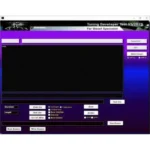 MAGIC TUNER
MAGIC TUNER MAN
MAN MANITOU
MANITOU NAVISTAR
NAVISTAR NEXIQ
NEXIQ NONSELF
NONSELF PACCAR
PACCAR PALFINGER
PALFINGER PERKINS
PERKINS PF DIAGNOSE
PF DIAGNOSE PSI POWERLINK
PSI POWERLINK RENAULT
RENAULT SCANIA
SCANIA TAKEUCHI
TAKEUCHI THERMO KING
THERMO KING UD NISSAN
UD NISSAN VOLVO
VOLVO WABCO
WABCO YALE
YALE ZF TESTMAN
ZF TESTMAN
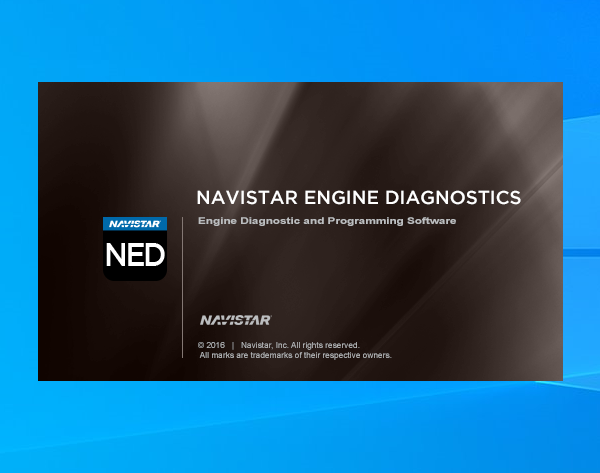
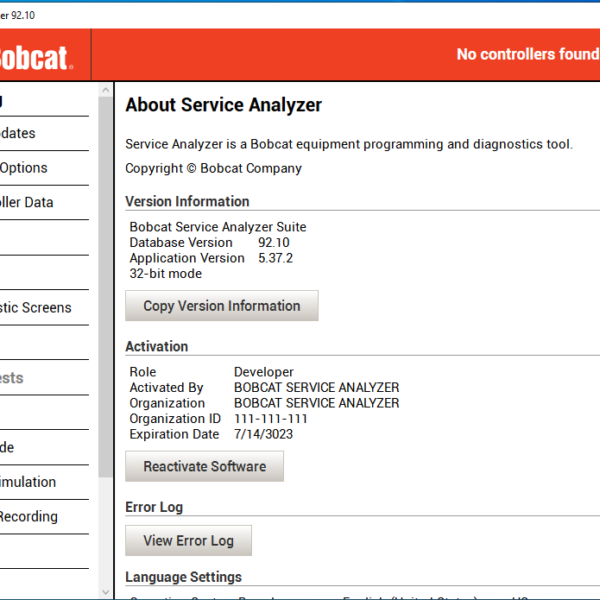


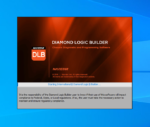

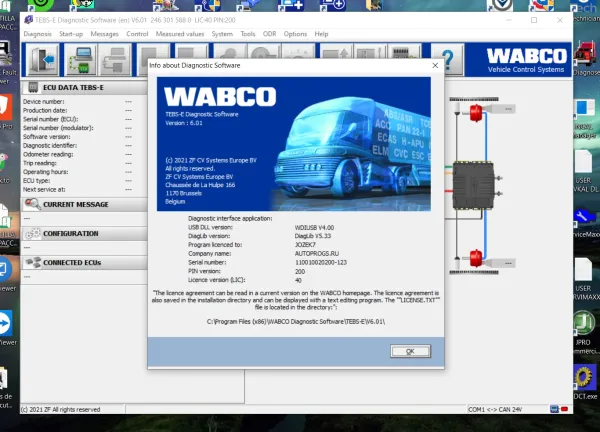
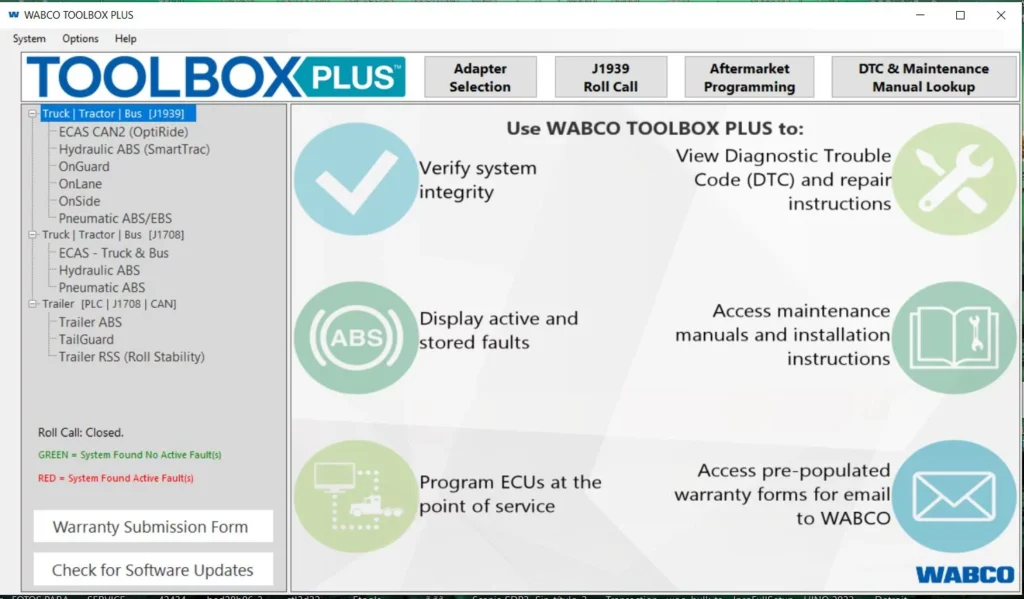
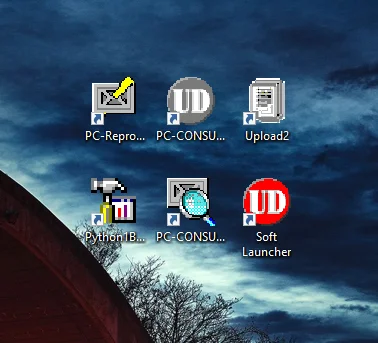
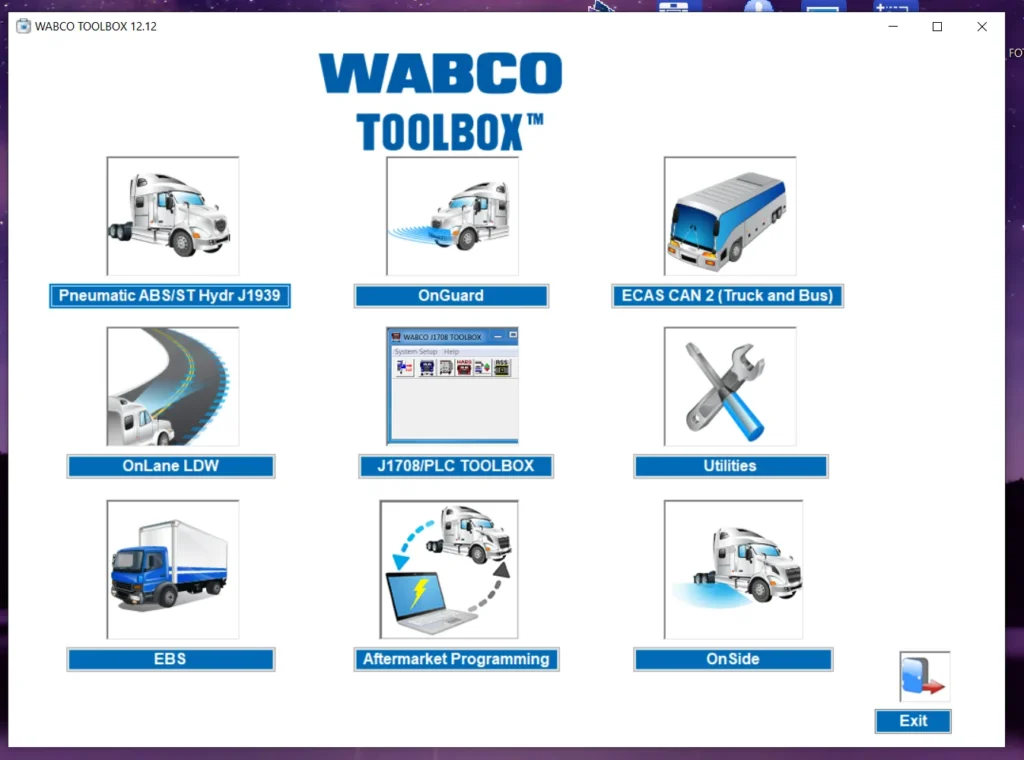

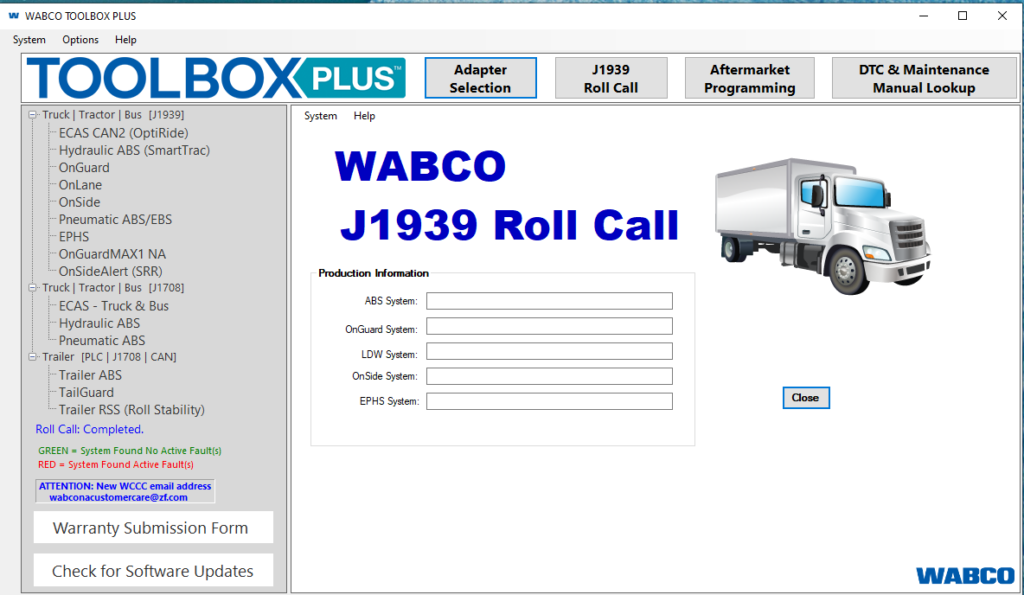
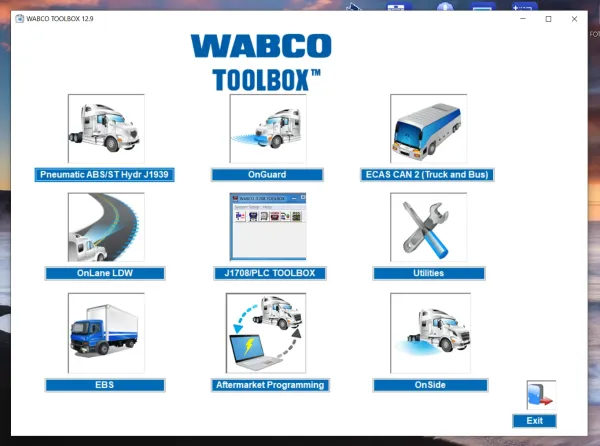
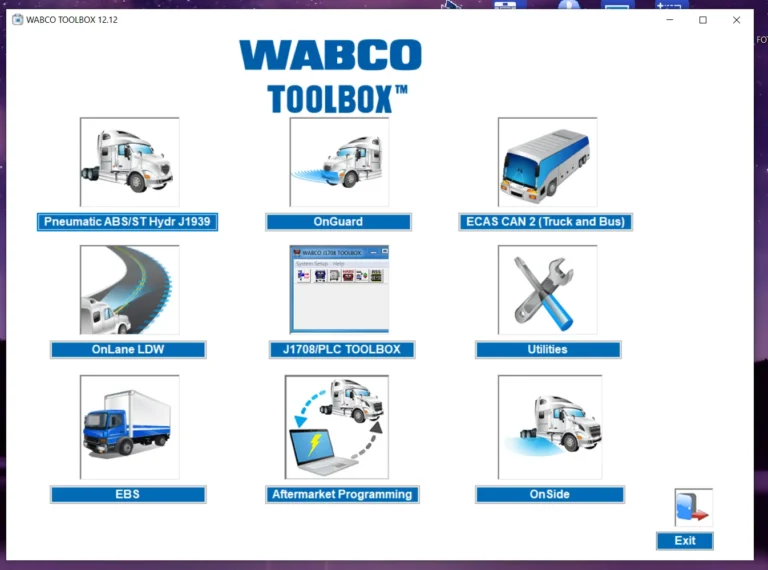
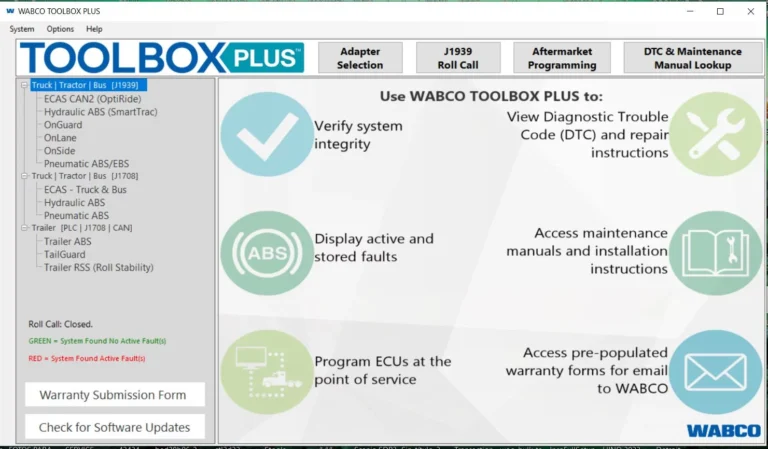
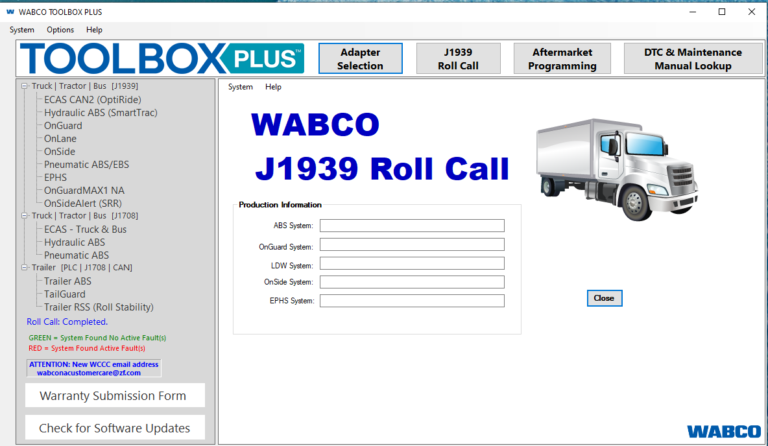
Reviews
Clear filtersThere are no reviews yet.